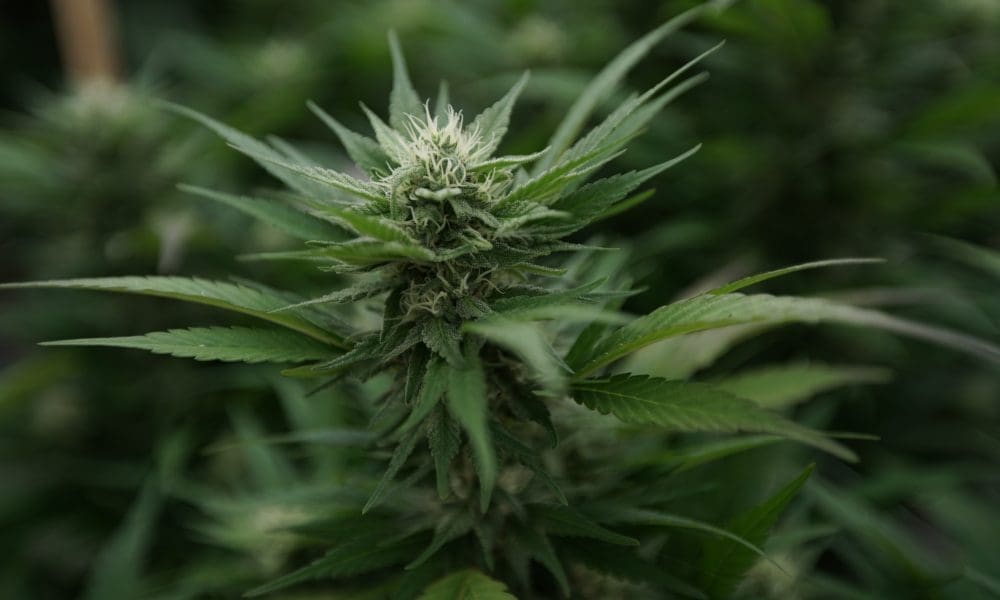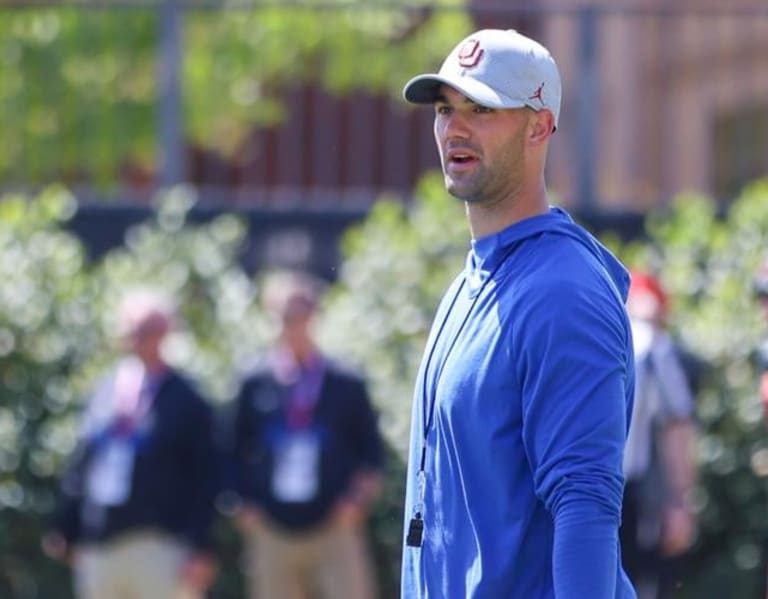“Imagine illegal immigrants being able to come here and get a free marijuana card. What does that do to our state…?”
By Mary Hennigan, Arkansas Advocate
The Family Council Action Committee on Wednesday announced plans for a statewide tour to urge Arkansans to vote against a proposed measure that would implement changes to the medical marijuana industry.
A conservative nonprofit based in Little Rock, the Family Council Action Committee has opposed the Arkansas Medical Marijuana Amendment of 2024 and the Arkansas Abortion Amendment of 2024. The state Supreme Court found that the latter was disqualified due to a paperwork technicality, but whether votes cast on the former will be counted still remains in limbo.
“I think it’s incredibly unfair, though it’s not anybody’s fault. We’re in this situation where we’re on the eve of early voting, and we still don’t know if some measures qualify,” said Executive Director Jerry Cox during a press conference in the state Capitol Wednesday. “That makes it very difficult.”
Early voting in Arkansas starts on Monday, and the Arkansas Supreme Court hasn’t yet ruled on the certification of the proposed medical marijuana constitutional amendment.
Nevertheless, starting next week and extending until Election Day, staff with the Family Council Action Committee will travel to 25 Arkansas cities to share their views on the proposed initiative during public forums. Volunteers in all 75 counties will also help distribute fliers in the community, primarily in churches, Cox said.
Arkansans voted to legalize cannabis for medical use in 2016, though the first products were not sold until 2019. The state now has 37 licensed dispensaries and a billion-dollar medical cannabis industry.
The proposed amendment is intended to improve patient access by removing barriers that inhibit some people from using medical cannabis, primarily those living in rural and low-income areas. The proposed measure would, among other things, eliminate application fees for patient cards and allow health care providers to conduct patient assessments via telemedicine.
“Patients who need medical marijuana can get it,” Cox said. “Over 100,000 people have medical marijuana cards in Arkansas right now. Access is not a problem.”
Regarding access in rural areas, Cox said he didn’t believe the proposed amendment would help residents because it does not add any additional dispensary locations.
Cox named three primary concerns Wednesday: industry professionals wrote the initiative to give themselves a “permanent monopoly,” children will be harmed by the removal of advertising restrictions and eliminating the fee for patient cards allows non-Arkansans and “illegal immigrants” to access services funded by taxpayers.
“Imagine Arkansas being a place where people can get free marijuana cards to use marijuana here in our state. And what that might do to certain communities where people congregate,” Cox said. “Imagine illegal immigrants being able to come here and get a free marijuana card. What does that do to our state and what kind of message does that send to the rest of the country where Arkansas becomes this marijuana drug use destination?”
Arkansans for Patient Access, the ballot question committee supporting the proposed amendment, said Cox and the Family Council Action Committee were using fearmongering to tie medical marijuana to the national immigration debate.
“There is no tie,” said committee member Bill Paschall. “To obtain a patient card, a person must hold a valid state identification card and be certified by a licensed Arkansas healthcare provider. The Family Council’s claim is nothing but a scare tactic. The only thing free about a medical marijuana card is that the patient will not have to pay a fee to the state going forward. Patients must still be certified by a doctor, pharmacist, advanced nurse practitioner or physician’s assistant. Today, physicians charge on average $150 for certification, far from free.”
Pashcall continued, “It is silly to think Arkansas will become a destination for marijuana use when twenty-four states now permit recreational use and other medical states have less onerous access requirements.”
In addition to on-the-ground efforts in the state, the Family Council Action Committee has also paid for advertisements on local streaming stations. Cox did not name any services except Spotify, a music platform.
“The thing that really grieves me about this amendment is the fact that I have witnessed very powerful marijuana millionaires manipulate our initiative process to buy their way to the ballot,” Cox said. “What they’re about to do to the people of Arkansas is absolutely awful. And what they’re doing in the name of the almighty God should not happen to our state.”
The Family Council Action Committee also opposed an initiative to legalize recreational cannabis in Arkansas in 2022, which did not secure enough votes. Cox noted this year’s measure was “the same song, different verse.”
Ongoing legal challenge
Secretary of State John Thurston (R) in July validated some 77,000 signatures from Arkansans for Patient Access, and the group was granted 30 additional days to collect signatures to try to reach the required 90,704 signatures to qualify for the ballot.
At the extension’s conclusion, the group turned in nearly 39,000 more signatures, but the validity of those signatures was questioned because an agent signed required paperwork instead of a sponsor.
Thurston deemed the petition insufficient after the additional signatures because of the paperwork technicality, which Arkansans for Patient Access challenged in court.
A few days after Thurston said he would not count signatures that were submitted using an agent’s signature, the Supreme Court ordered him to continue counting.
Two justices have recused themselves from deciding whether votes on the proposed medical marijuana amendment will be counted. Gov. Sarah Huckabee Sanders (R) has assigned replacements, and a ruling on the signature issue and whether the ballot name and title are misleading are pending.
In a decision this week regarding another proposed constitutional amendment—one related to casinos in Arkansas—the high court found an agent’s signature in place of a sponsor was acceptable. Cox said Wednesday that the ruling was an indication the state Supreme Court would not disqualify the proposed medical marijuana amendment on that basis.
This story was first published by Arkansas Advocate.
Kamala Harris Blames Marijuana Rescheduling Delay On DEA ‘Bureaucracy,’ While Defending Her Own Prosecutorial Record
Photo courtesy of Chris Wallis // Side Pocket Images.





















/cdn.vox-cdn.com/uploads/chorus_asset/file/24924653/236780_Google_AntiTrust_Trial_Custom_Art_CVirginia__0003_1.png)




/cdn.vox-cdn.com/uploads/chorus_asset/file/25672934/Metaphor_Key_Art_Horizontal.png)

